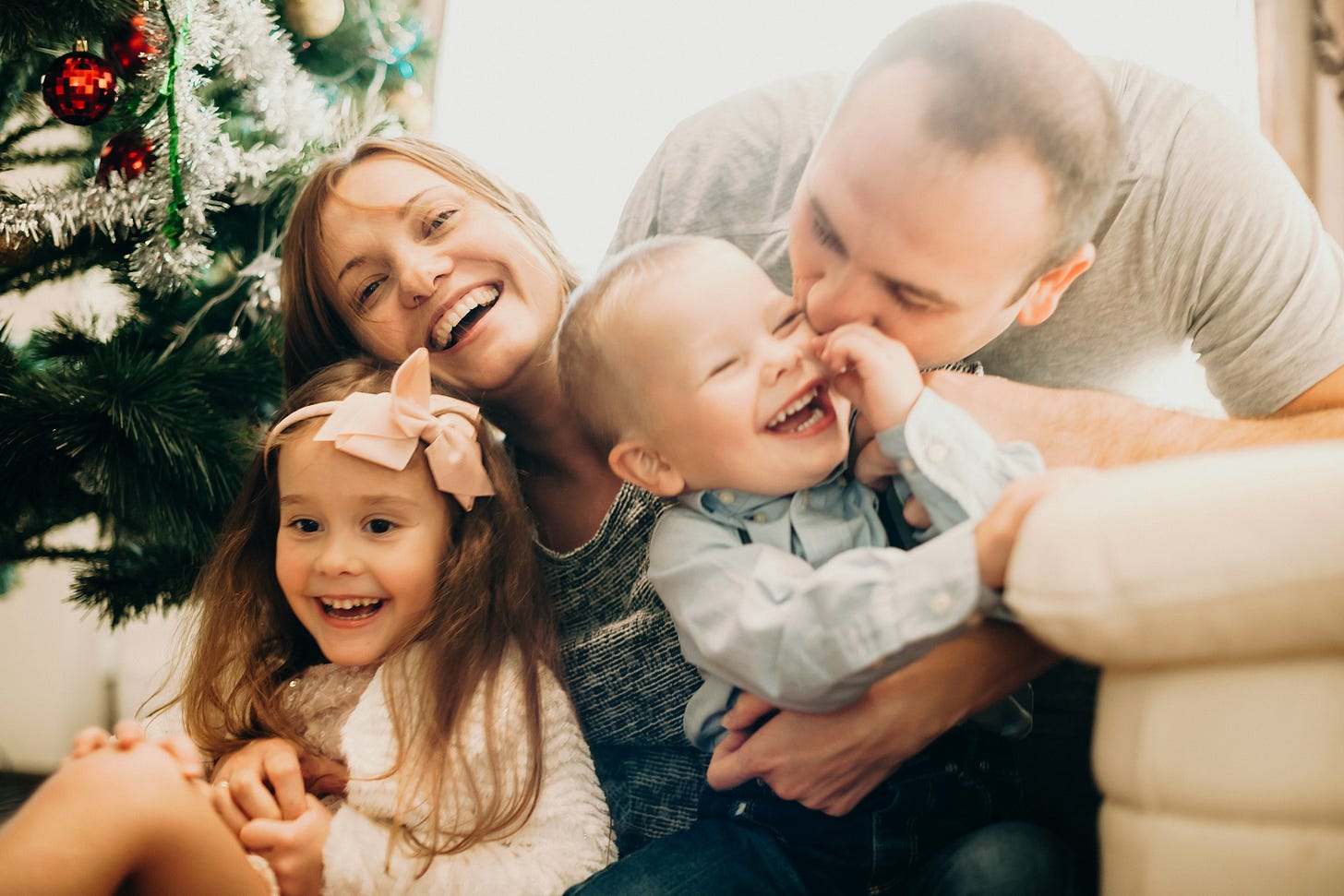Parents are couples too
How you are with each other is informing your kids what is ok and what isn't
I work with parents both as parents and as a couple. By doing this, it often means that behaviour issues, anxiety, anger and low self esteem dissolve. I’ll explain what I mean.
For a child, particularly children under 12yrs, their parents are their rock, their base, their safe place. Whatever has happened at school, home is where they have unconditional love and where someone will listen without judgement.They are at the centre of their world and they have to be because unless the focus is on them, they are vulnerable because they rely on you for food and shelter, security and love. This is obviously greater, the younger they are.
When they see their parents argue and not see the argument resolved, they fear the worst. They know that parents split up, many friends at school will not have a mother and father living together. They do not want this to happen. So what do they do? They need to distract you from fighting each other and they turn the attention onto themselves, knowing intuit…
Keep reading with a 7-day free trial
Subscribe to Understanding children and teens by Judy Bartkowiak to keep reading this post and get 7 days of free access to the full post archives.


